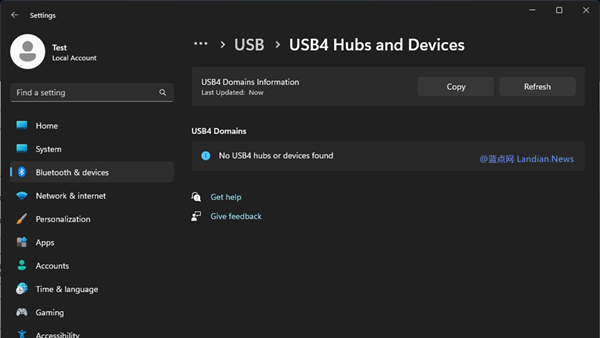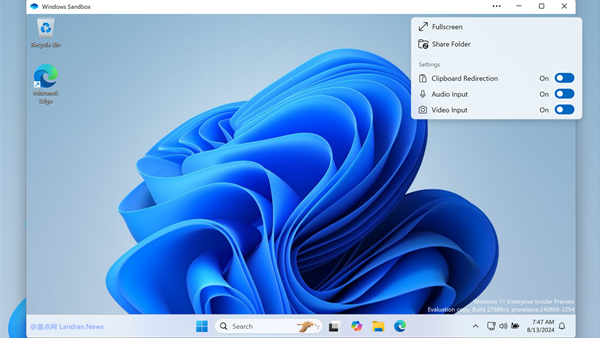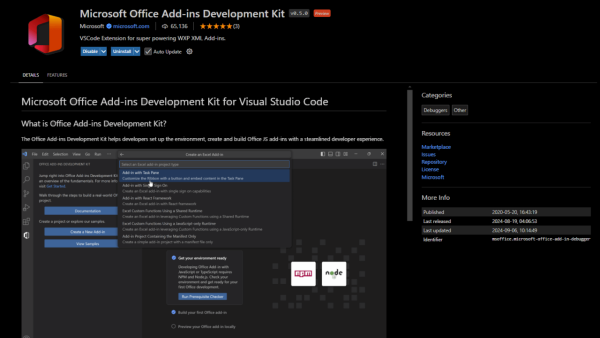Delta Airlines to Sue CrowdStrike and Microsoft Following a Massive Blue Screen Crash Resulting in 350 Million to 350 Million to 500 Million in Economic Loss
In July, a software configuration update released by cybersecurity firm CrowdStrike, which went untested, caused an estimated 8.5 million enterprise devices worldwide to experience a blue screen crash. The potential consequences of such a widespread malfunction are immeasurable.
Delta Airlines, one of the victims of this incident, uses the CrowdStrike Falcon software across its servers. The blue screen crashes resulted in the airline's systems being unable to process flight information normally, leading to the cancellation of numerous flights globally.
The company now plans to file a lawsuit against CrowdStrike and Microsoft, seeking compensation for damages. Anonymous sources claim that Delta had to cancel flights for 176,000 passengers due to the incident, refunding tickets and providing other forms of compensation to affected customers. With additional expenses, Delta estimates its losses to be between 350 million and 500 million.
Market research firms, after preliminary analysis, believe that the blue screen incident caused over $15 billion in economic losses worldwide. Many businesses, especially critical infrastructure operators like airlines, were severely affected by the crashes.
The reason for including Microsoft in the lawsuit remains unclear. It might be speculated that Microsoft, as the operating system provider, is being accused of not rigorously vetting the quality of security software that has kernel-level access. Alternatively, Microsoft might simply be brought into the lawsuit to facilitate evidence provision during court proceedings.
Besides Delta, other companies are also preparing to sue CrowdStrike for compensation. However, achieving compensation might prove difficult, as both CrowdStrike and Windows' agreements explicitly state they are not liable for such issues.
Most software and services come with similar clauses, requiring users to accept the developers' terms, which typically absolve them of potential liabilities. This is designed to prevent losses from serious software issues.
This is why most lawsuits of this nature end with no resolution, and despite the significant impact of this incident, the companies that have filed lawsuits may not receive any compensation.










